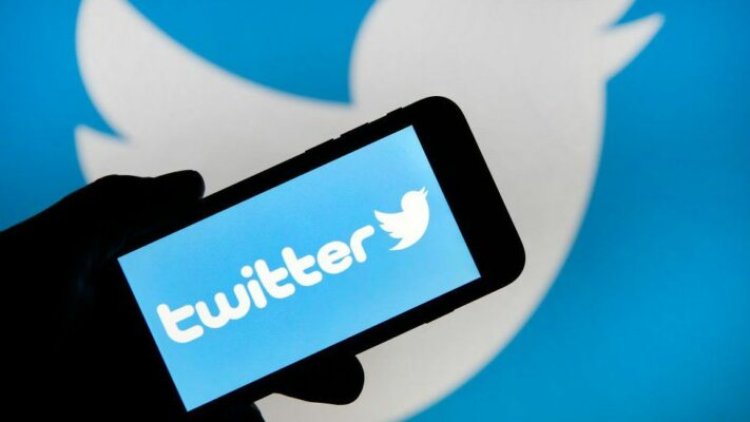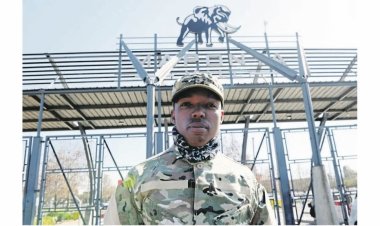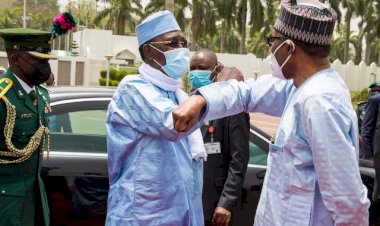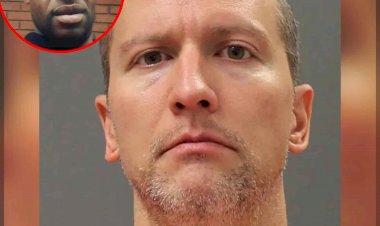Journalists’ Suspension: EU Threatens Musk With ‘Sanctions’
The EU on Friday warned Elon Musk that Twitter could be subject to sanctions under a future media law after the “worrying” suspension of several…

The EU on Friday warned Elon Musk that Twitter could be subject to sanctions under a future media law after the “worrying” suspension of several journalists from the messaging platform.
“News about arbitrary suspension of journalists on Twitter is worrying. EU’s Digital Services Act requires respect of media freedom and fundamental rights. This is reinforced under our Media Freedom Act,” EU commissioner Vera Jourova posted on Twitter.
Jourova’s warning came backed by two pieces of EU legislation, one of them not yet adopted.
The Digital Services Act (DSA) requires companies serving European web users to meet strict standards against manipulative algorithms, disinformation and other online harm.
It came into force on November 16 but is not fully applicable across the EU’s 27 countries until next March for the biggest online platforms – likely to include Twitter – and a year later for others.
Companies found in violation of the DSA could be fined sums equal to up to six per cent of the global revenue – or even banned from the huge EU market.
The EU’s Media Freedom Act (MFA) has been proposed by the European Commission but has not yet been made into law.
It seeks to protect media pluralism and independence in an increasingly digital space – ensuring media outlets are not unduly pressured and are able to remain editorially independent.
It foresees an EU body being set up which would monitor self-regulation by very large platforms and discuss issues such as “foreign information manipulation and interference”.
Twitter suspends journalists’ accounts
Twitter suspended Thursday the accounts of more than a half-dozen journalists who had been writing about the company and its new owner Elon Musk.
Some of the journalists had been tweeting about Twitter shutting down an @ElonJet account that tracked flights of the billionaire’s private jet and about versions of that account hosted on other social networks.
Twitter did not say why the reporters’ accounts were suspended.
“Nothing says free speech like suspending journalists who cover you,” Sarah Reese Jones of news commentary website PoliticusUSA said in a tweeted response to posts about the suspensions.
Checks at Twitter showed account suspensions included reporters from CNN, The New York Times, and The Washington Post as well as independent journalists.
An account for Twitter rival Mastodon was also suspended, according to a report by NBCNews.
Musk on Wednesday tweeted that a car in Los Angeles carrying one of his children was followed by “a crazy stalker” and seemed to blame the tracking of his jet for this alleged incident. In the tweet, he said legal action is being taken against the person who ran ElonJet.
The Twitter account that tracked flights of Musk’s private jet was shut down Wednesday despite the billionaire’s statement that he is a free speech absolutist.
“Well it appears @ElonJet is suspended,” creator Jack Sweeney tweeted from his personal @JxckSweeney account, which was subsequently suspended as well.
Twitter later sent out word that it updated its policy to prohibit tweets, in most cases, from giving away someone’s location in real-time.
“Any account doxxing real-time location info of anyone will be suspended, as it is a physical safety violation,” Musk said in a tweet.
“This includes posting links to sites with real-time location info.”
Doxxing refers to revealing identifying information such as home address or phone number online, typically to target someone for abuse.
Tweets sharing a person’s location that are “not same-day” are allowed under the tweaked policy, as are posts about being at a public event such as a concert, Twitter said.


















































